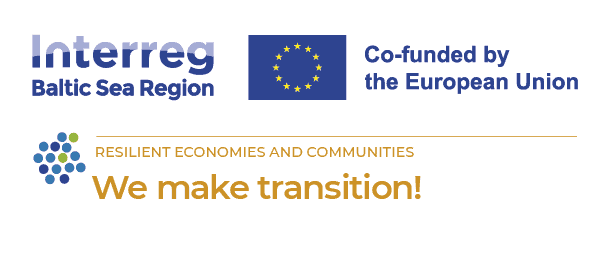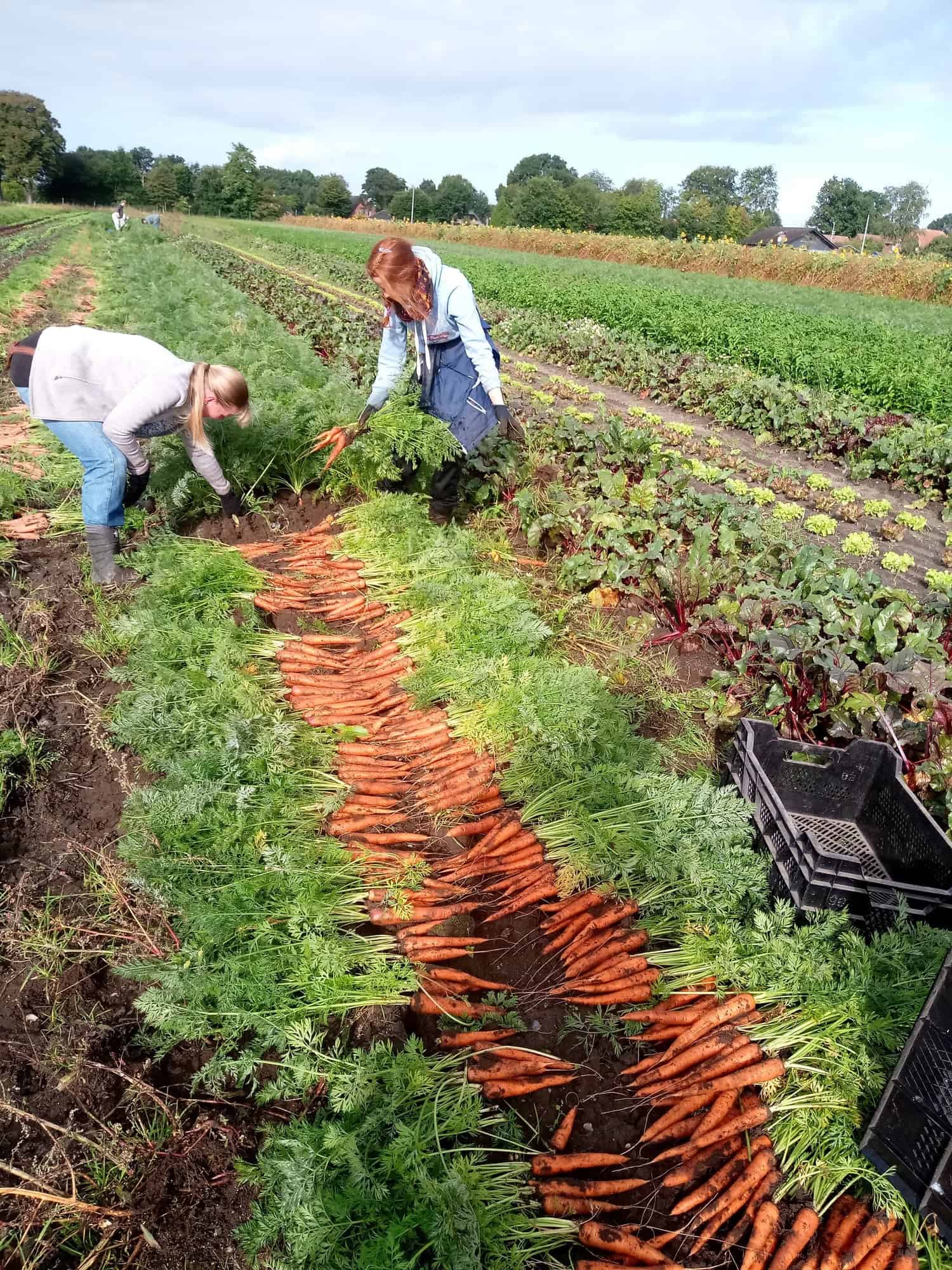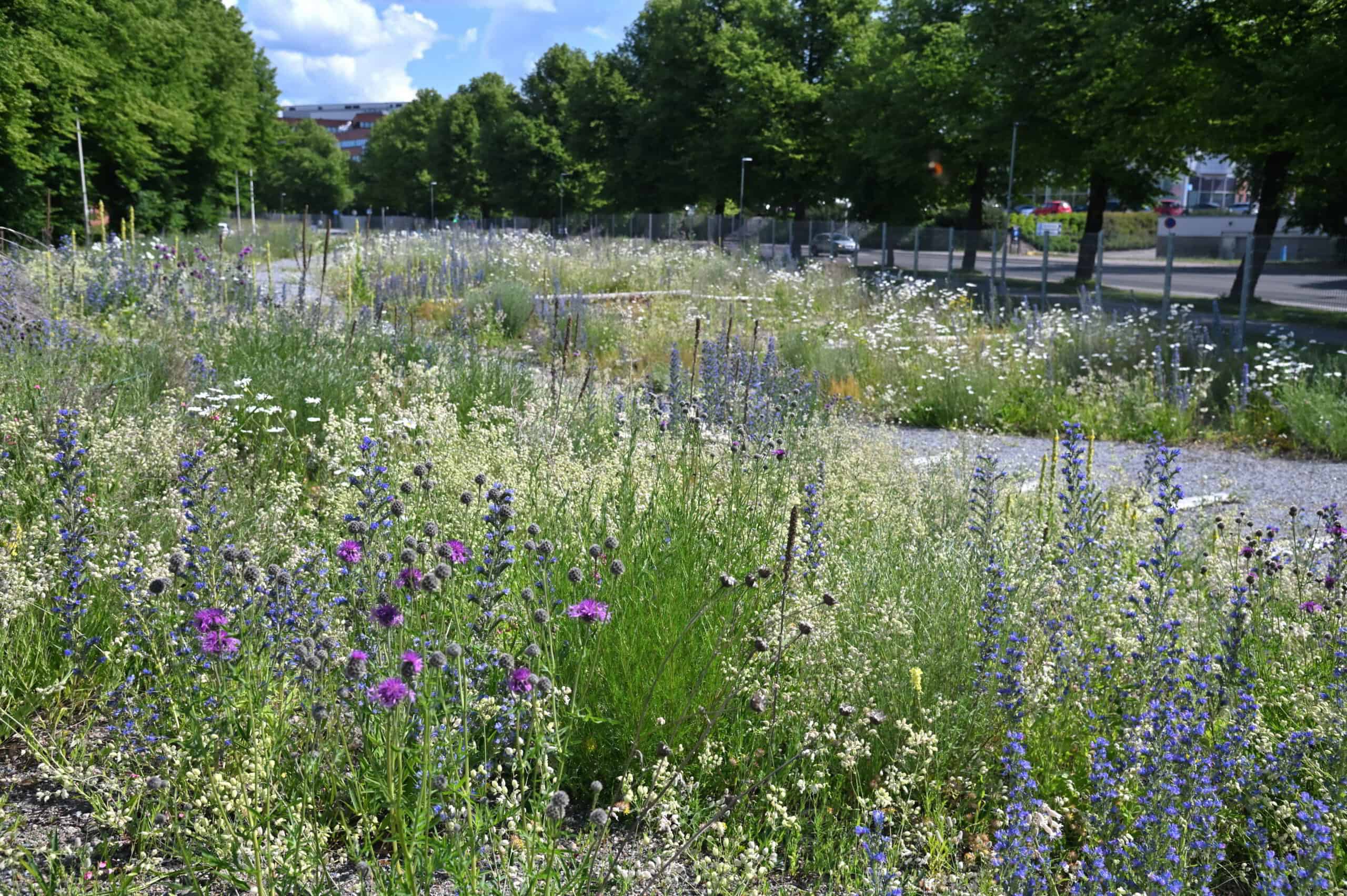
WMT publication: How to strengthen cooperation between local authorities and civil society actors to enhance sustainability?
27 August 2024
During 2023, altogether 12 focus group discussions were organised in the We make transition! partner locations. The participants of these group discussions were local authorities, local decision-makers, civil society and business actors. Each focus group had a selected sustainability topic, for example related to sustainable consumption, food, agriculture, circular economy or biodiversity. Altogether 20 focus group discussions were organised in a total of 12 locations in 2023!
All focus groups had a same list of 6-7 questions. The questions were related to the grassroot actions and views on the topic, challenges of cooperation and ideas on how to improve the cooperation.
The focus group discussions helped identify and reach relevant local civil society actors and stakeholders as well as get their views on concrete sustainability topics. The discussion enabled participants to improve their understanding of the role and ideas of civil society actors in enhancing sustainability, as well as insights into the gaps within civil and public sector cooperation and how these could be solved. The discussions supported the engagement of stakeholders and provided a basis for the detailed planning of local transition arena workshop processes that are implemented in the 12 locations during 2024.
A transnational gap analysis was made based on the results of the 20 focus group discussions. The gap analysis identifies major gaps in the cooperations and provides recommendations to improve the cooperation
Short version of the analysis based on focus groups’ results.
WMT gap analysis_short version
Key recommendations
The following steps to enhance cooperation were identified based on the analysis. They reveal the need to improve communication and transparency, define common goals, and create incentives.
• Establish Communication Channels: Create a central platform or hub where both civil society organisations and municipal representatives can regularly communicate and share information, focusing on sustainability solutions. This could be a website, an online forum, or a physical meeting space.
• Define Common Goals: Identify shared objectives and areas of interest. This could include community development, environmental conservation, or public health initiatives. Ensure that these goals are well-defined and mutually agreed upon.
• Training and Capacity Building: Organise workshops and training sessions for both civil society and municipal employees to enhance their skills in effective communication, negotiation, and conflict resolution. This can help bridge the understanding gap.
• Regular Meetings and Collaboration Events: Host regular meetings or collaborative events where both parties can discuss progress, challenges, and opportunities for joint projects. These gatherings foster personal relationships and build trust. Establishing regular platforms for dialogue and collaboration could help to improve communication and coordination between different stakeholders.
• Transparency and Accountability: Establish transparent reporting mechanisms for projects and initiatives. Ensure that both civil society and municipal sector representatives are held accountable for their commitments and actions.
• Create Incentives: Develop incentive programs to encourage collaboration, such as awards or recognition for successful joint projects. Positive reinforcement can motivate both parties to work together more effectively.
• Public Awareness Campaigns: Collaborate on public awareness campaigns to engage the community in the importance of civil society and municipal cooperation. This can create public support and pressure for improved collaboration.
• Use Technology: Leverage digital tools and social media to facilitate communication and share information. These platforms can also help in reaching a wider audience and engaging more stakeholders.
• Efficient funding and support mechanisms focusing on sustainability: Sometimes a small funding for a civil society actor can enable great impact for ecological and social sustainability.
• Long-Term Planning: Develop a long-term strategy for cooperation that includes milestones, regular evaluations, and adaptability to changing circumstances.
• Feedback Mechanisms: Encourage feedback from both civil society and the municipal sector to continuously improve the cooperation framework.









